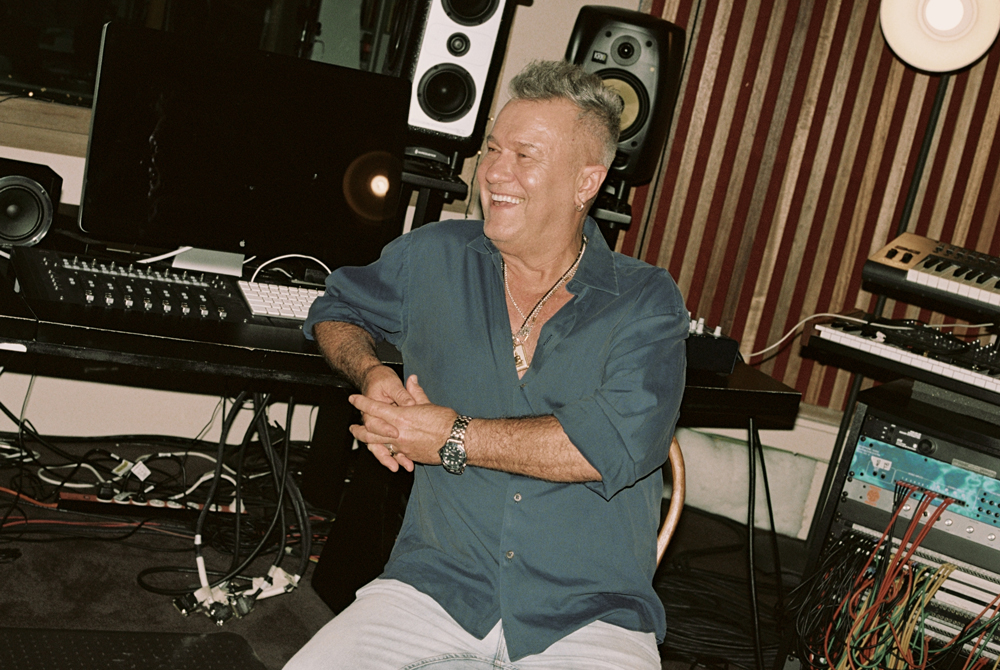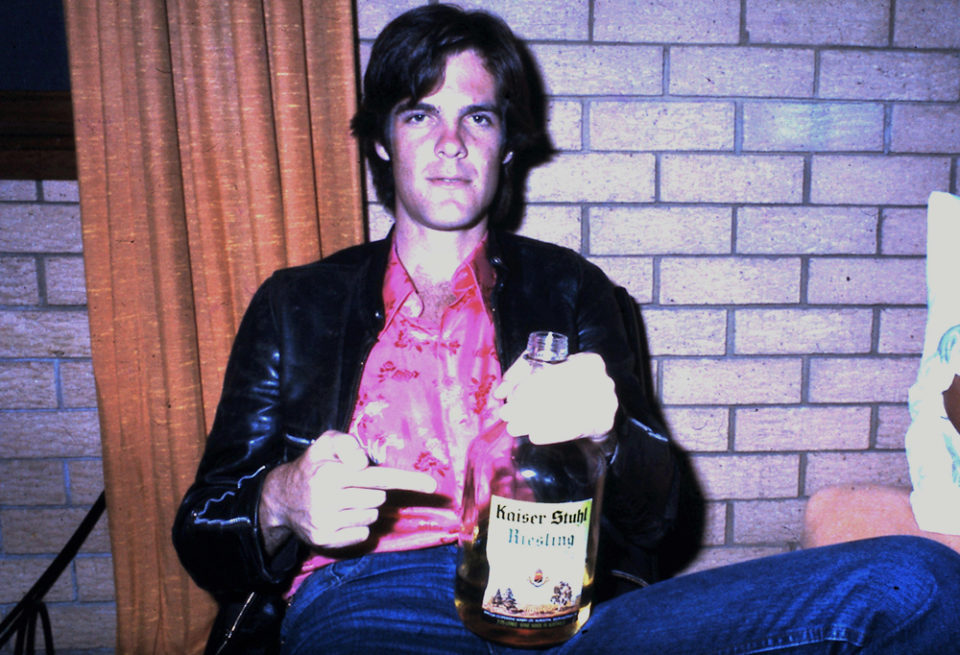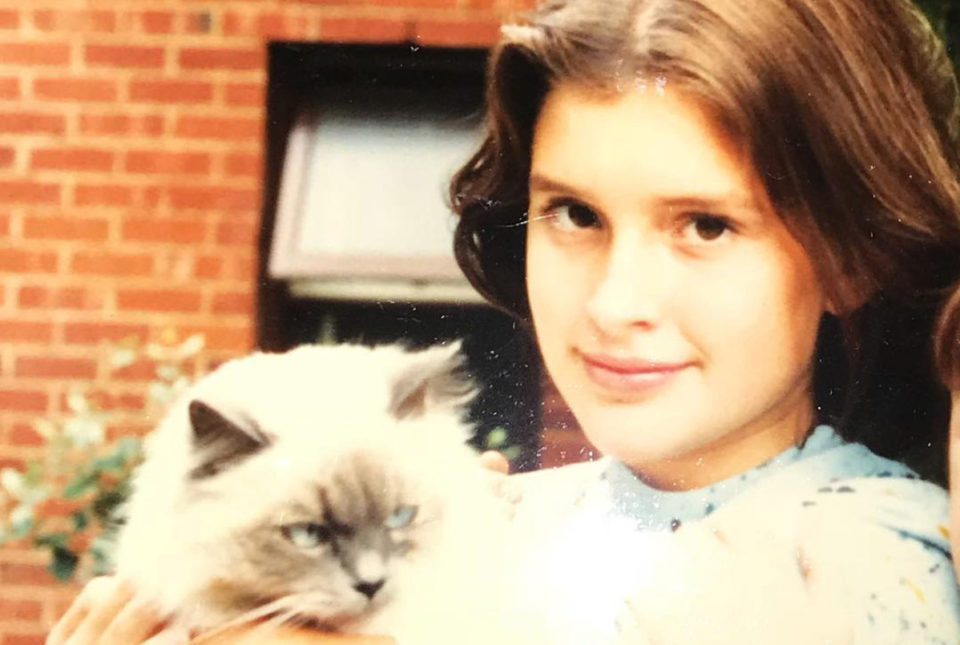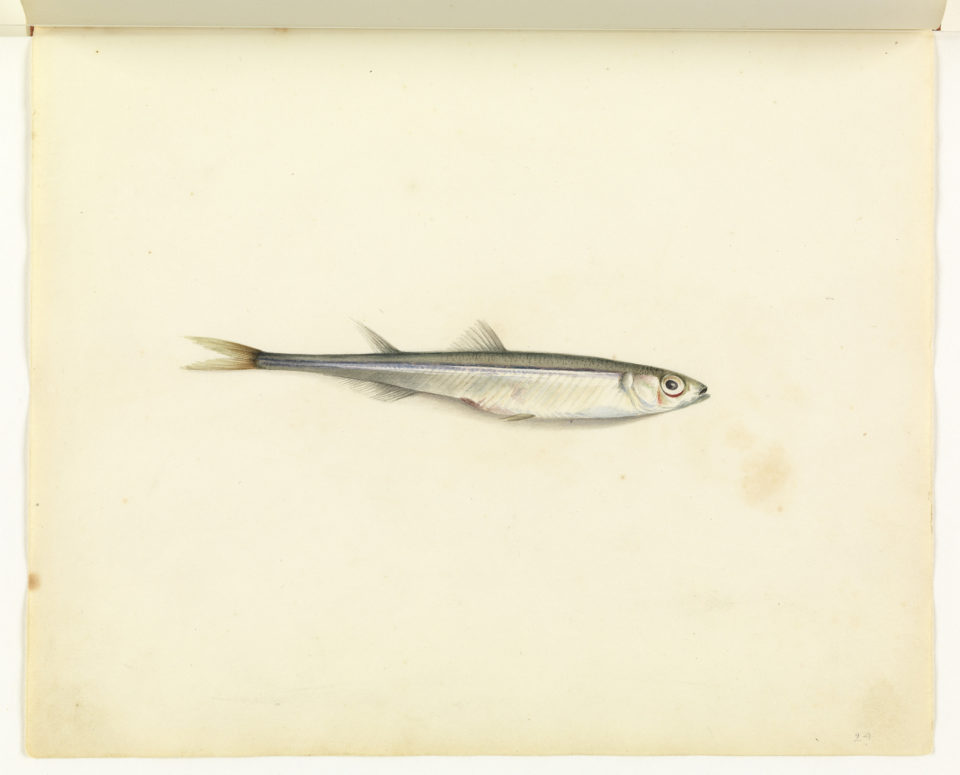Planes fly in low overhead, red brick houses line up in neat rows. Weatherboard residences are plonked next to mismatched terraces; here and there sit light industrial sites with rusty fences. One afternoon, a few reprobates run amok at the local park. But hang on a sec, here comes a man. Not tall but solid, with a boxer’s stance and a don’t-fuck-with-me air. You know his face and he’s come to sort out the troublemakers. Apocryphal or not, I can see it clearly.
“I’m that guy around here, I’m like bloody Neighbourhood Watch,” Jimmy Barnes says, laughing, as we sit in his warehouse-like home in Sydney’s south-east Bayside suburbs. “When there’s any hoons hanging ’round the park, I’ll go down and scare them off, sort ’em out.”
The image of Cold Chisel’s legendary hellraiser as a pillar of the community sits at odds with his past. This is a man who, in his searing second book Working Class Man, readily talks about having snorted “tonnes” of cocaine and who spent decades fighting, boozing, and causing general chaos across Australia.
“We were living in Vaucluse previously [but] there wasn’t a real sense of community and as a family we were sort of splintering,” the 61-year-old says, at ease in his home studio that seems to double as the grandkids’ toy repository. “It’s a community here that cares about each other. My neighbours ring me and say ‘Hey Jim, there’s someone playing with your car.’ Without wanting to sound corny, this is what I’ve always pictured a working class community to be about. This is where we’ve found our niche, found our comfort. They’re all Souths supporters out here and they’re trying to convert me – even though I was a Tigers supporter they’ve almost got me, just because of the sense of community.”
Things haven’t always been so comfortable. His first book, Working Class Boy, detailed a childhood of deprivation and abuse in Adelaide’s suburban Elizabeth. As part of a poverty-wracked immigrant family from Scotland, he and his siblings would often be forced to hide in a cupboard while his alcoholic father belted the hell out of their mother. Working Class Man looks at the period after he hit the road with Chisel, leaving Adelaide and never wanting to look back.
“When I jumped in the back of that truck with Cold Chisel, I’ve just turned 17 and I literally think I’m never gonna see Adelaide again because I had such bad memories of being a child there and I just thought, that’s it, I’m gone, I’m running.”

Jimmy Barnes at home. Photography by Dakota Gordon.
What followed, as documented in an often harrowing yet regularly hilarious book, written in a muscular and surprisingly measured voice, was decades of sex ‘n’ drugs ‘n’ rock ‘n’ roll, the whole clichéd shitstorm that tore through Australia. Barnes was the plastered king of the raised vodka bottle, Cold Chisel giving him the platform on which to try to rinse the past away, via booze, drugs, and one night stands. With the words of Don Walker as raw material, Jimmy found he was the medium through which Walker’s message could find voice, often coming to embody the stories being told.
“We’d go all up and down the coast of Australia, and I’d be drinking and getting run out of town and fightin’ and chasing chicks,” he says, “and then Don would write a song about it. There were points where I thought I’m sure he’s reading my mail. But I’d be laughing to myself about how lucky I was to have these songs. When Don presented ‘Khe Sanh’, I remember thinking ‘what a great piece of writing, it’s like a novel!'”
But Barnes eventually realised the story couldn’t last forever. “The trauma of the poverty and shame and guilt, the abuse, started coming back into my focus and I started drinking more to try to block it out, but that got harder and harder and eventually I couldn’t run from it any more and it overwhelmed me.”
The result was a stint in rehab, a booze- and prescription drug-fuelled suicide attempt in an NZ hotel and eventually the cathartic experience of sitting down to write his memoirs.
“I’d been bottling all this stuff up for years and I felt a weight lifted off my shoulders when I began writing this stuff down,” he says. “It doesn’t matter whether you are a rock singer or a plumber or if you’re rich or you’re poor, that sort of childhood has a profound effect on how you behave as an adult.”
Walking through his sprawling home, mementos of a musical life strewn with the casual disarray, wife Jane cooking up a storm in the kitchen, there’s largely a sense of calm about Jimmy. An easy laugh and childlike eagerness spills out when showing me around, pointing out this particular piano or the bass guitar that survived attempted obliteration on a Countdown Awards show way back when.
But, while looking fit and relaxed, he still possesses a tough glint in his otherwise genial eye. The healing may have occurred but the scars are still just visible – and when I leave I’m convinced Jimmy Barnes likely does make one hell of a Neighbourhood Watcher.
Jimmy Barnes, Working Class Man, Harper Collins Books, 432pp, $49.99.
‘Working Class Man: An Evening of Songs and Stories’ will see Barnes performing in a stripped-back mode on a national tour in March 2018. Tickets here: www.frontiertouring.com/jimmybarnes
Cold Chisel are meanwhile releasing The ‘Last Stand’ of the Sydney Entertainment Centre – The Live Tapes – Vol 4.
Cold Chisel performs live in Hobart at Wrest Point Lawns on Wednesday November 22; Newcastle at the Coates Hire Newcastle 500 on Saturday November 25; and next year in Adelaide at the Adelaide Street Circuit on Friday March 2. Tickets here: www.coldchisel.com/tour-2/
Jimmy Barnes curated the playlist below for NEIGHBOURHOOD.




